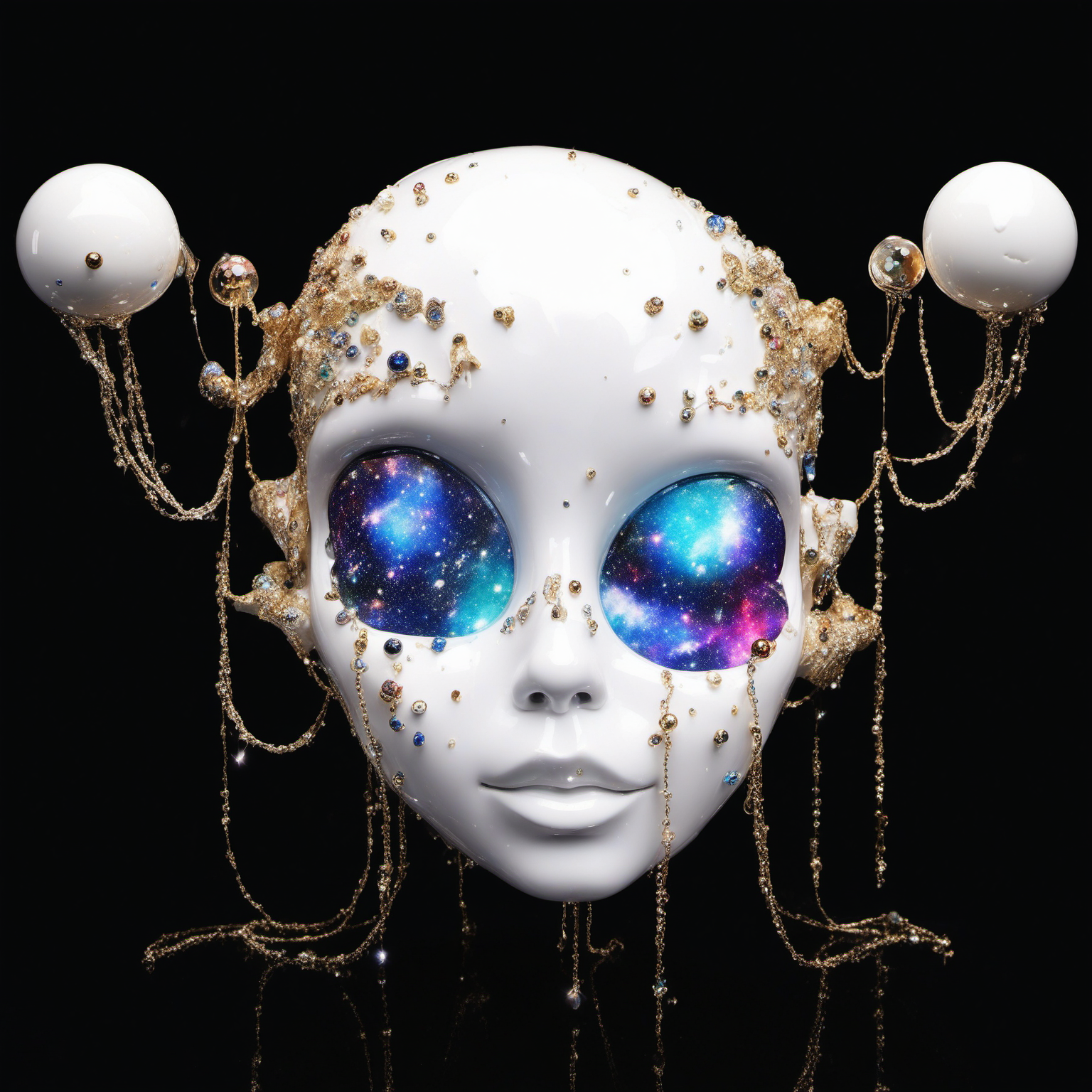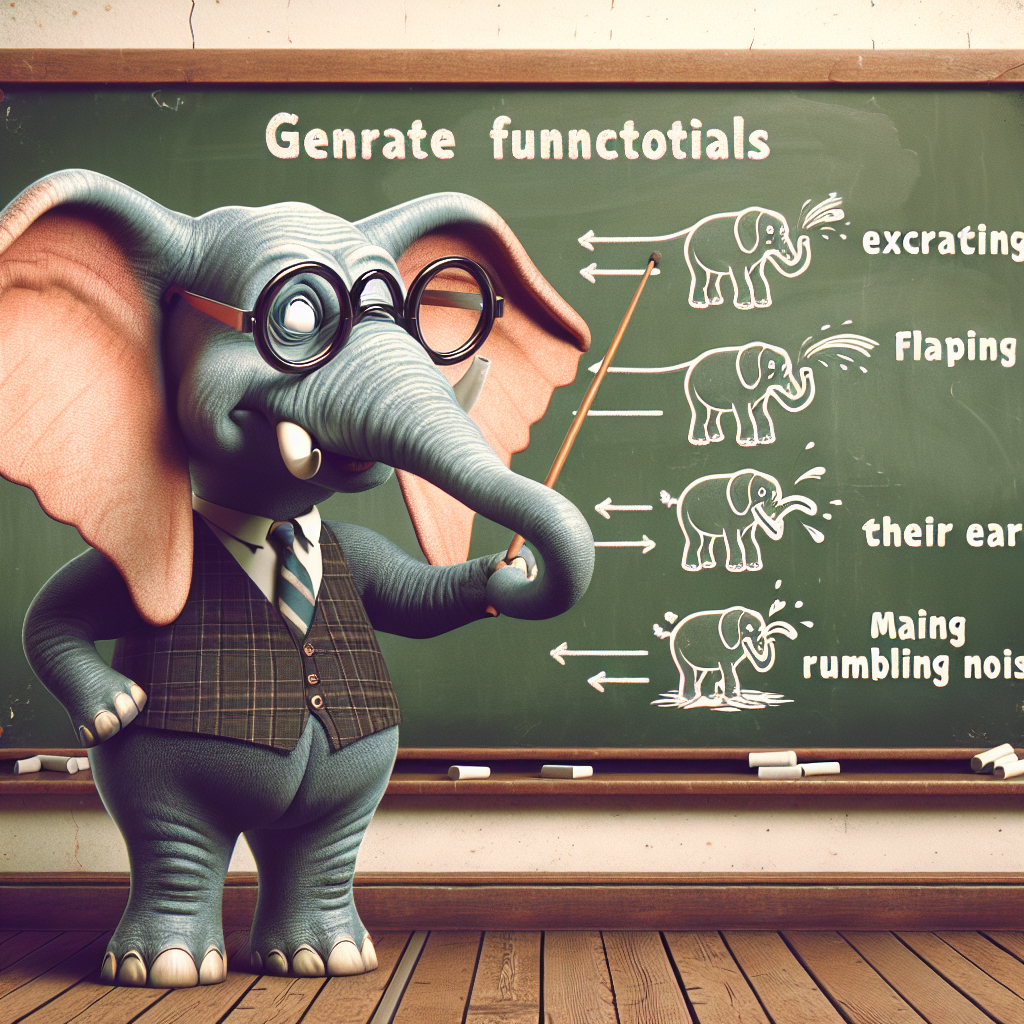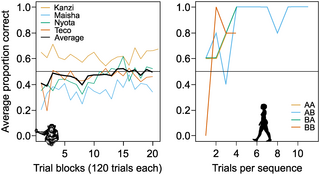Summary made by Quivr/GPT-4
This document is a research article that explores the differences in cognitive abilities between humans and great apes, specifically bonobos. The researchers conducted a series of tests to examine how these species remember and recognize sequences of stimuli.
The main focus of the study was to test the hypothesis that memory for stimulus sequences is a cognitive divide between humans and other animals. In simpler terms, the researchers wanted to see if humans are unique in their ability to remember the order of things they see or hear, compared to other animals.
The tests involved presenting the subjects (both bonobos and humans) with sequences of stimuli and then measuring their ability to remember and recognize these sequences. The stimuli were presented on computer screens and the responses were recorded automatically.
The results showed that bonobos’ memory for individual stimuli decays rapidly, meaning they quickly forget what they’ve seen. This is in contrast to humans, who can form long-term memories of arbitrary stimuli. Furthermore, the bonobos did not recognize and remember the order of the stimulus sequences with any precision, unlike humans who learned to recognize all four stimulus sequences almost immediately.
However, the researchers were unable to confirm their hypothesis that bonobos, like other animals, represent stimulus sequences as unstructured collections of memory traces. This means that they couldn’t definitively say that bonobos remember sequences as just a jumble of individual memories, rather than a coherent sequence.
The key revelation from this study is that there seems to be a significant difference in the way humans and bonobos process and remember sequences of stimuli. This could have important implications for our understanding of animal cognition and the cognitive differences between humans and other animals.
The potential benefits of this research could be a deeper understanding of the cognitive abilities of different species, which could inform everything from animal training and conservation efforts to the development of artificial intelligence systems.


